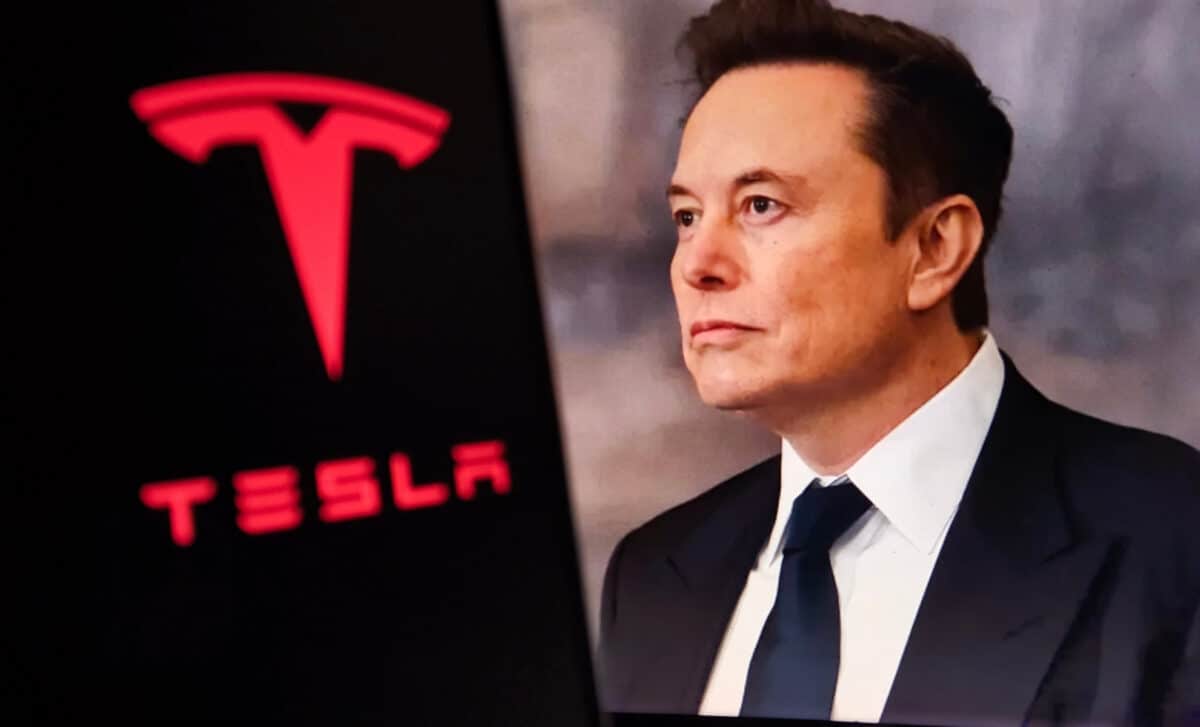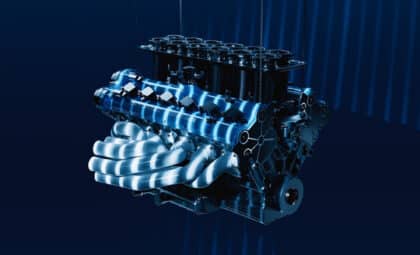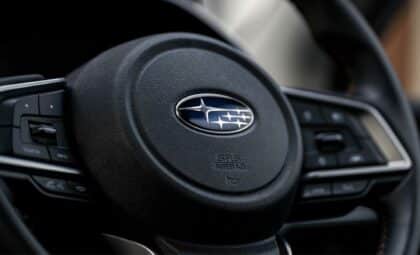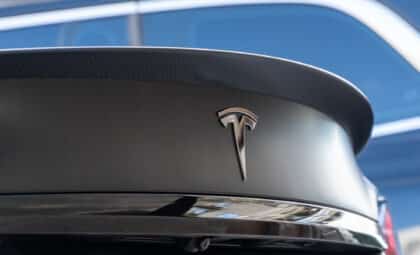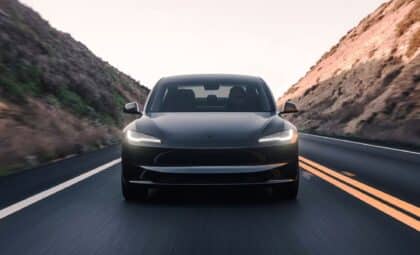The stock repurchase, which caused Tesla shares to rise nearly 6% on Monday, appears intended to send a strong message to investors and skeptics. Musk is reinforcing his commitment to Tesla’s future as the company confronts one of its most challenging periods in recent years.
Musk’s decision to inject fresh capital into Tesla arrives in a climate of mounting uncertainty. The company has struggled to maintain its growth trajectory, with its core business showing signs of strain. In parallel, Tesla is undergoing a strategic pivot toward robotics and artificial intelligence—an ambitious shift that requires vast financial and technological investment.
This purchase is also unfolding against a backdrop of corporate governance tensions. The board of directors recently proposed a staggering compensation package that could potentially reach $1 trillion over the next decade, provided certain industrial and financial goals are met. Meanwhile, Musk has been vocal about seeking more voting power within Tesla to steer long-term projects more decisively.
Symbolic Move from Musk Triggers a Bounce on Wall Street
On September 15, Elon Musk acquired approximately 2.57 million Tesla shares, paying between $372 and $396 per share, for a total transaction valued around $1 billion. This marks his first major stock acquisition since 2020. The announcement of the purchase immediately impacted the market, with Tesla’s stock price jumping by nearly 6% the same day.
This gesture is highly symbolic, aimed at restoring investor confidence amid growing doubts about Tesla’s direction. It suggests that Musk remains deeply invested—both figuratively and literally—in the company’s ability to navigate a rough patch and reinvent itself.
Matt Britzman, an analyst at Hargreaves Lansdown, interpreted the move as “the clearest signal yet that Musk is putting his full weight behind Tesla again.” He noted that the “Musk-Tesla narrative appears back on track” after a hesitant start to the year.
Tesla’s Business Faces Rising Pressure from Competition and Falling Margins
Despite the public show of confidence, Tesla’s core operations are under stress. The company has experienced a slowdown in sales, tighter profit margins, and a dip in overall performance compared to its peers. Since the start of the year, Tesla’s stock has declined by 2%, placing it among the weakest performers within the so-called “Magnificent 7” group of tech giants.
At the same time, the electric vehicle market is cooling, and competition—particularly from Chinese manufacturers—has become fiercer. The company’s new Cybertruck has struggled to gain traction with consumers, raising questions about its commercial viability. Internally, the company is grappling with cost increases and operational headwinds, all while trying to maintain momentum in its innovation pipeline.
Tesla’s structural difficulties remain unresolved despite Musk’s financial intervention. The company’s ability to meet its lofty ambitions in AI and robotics is still far from guaranteed, especially given the intense capital requirements of those domains.
Tensions Mount over Musk’s Role and Control within Tesla
Musk’s purchase also reflects ongoing friction over his influence within Tesla. He currently holds about 13% of the company’s voting rights, a figure he argues is insufficient to lead major projects in artificial intelligence and robotics under the Tesla umbrella. Musk has publicly demanded at least 25% of the vote to ensure he has the authority to pursue these initiatives.
Meanwhile, the board’s controversial compensation proposal—reportedly worth up to $1 trillion over ten years—has raised eyebrows across the financial sector. The plan is conditional upon Tesla achieving unprecedented industrial and financial milestones. As reported by Les Numériques, the scale of the package underscores the board’s high expectations, but also highlights the risk-laden nature of Tesla’s long-term roadmap.
In a recent statement, Robyn Denholm, Tesla’s chairwoman, sought to reassure stakeholders, claiming Musk was “back at the helm” following several months focused on political discourse in Washington. Her remarks were meant to suggest that Musk’s attention had returned fully to the company’s strategic direction.

